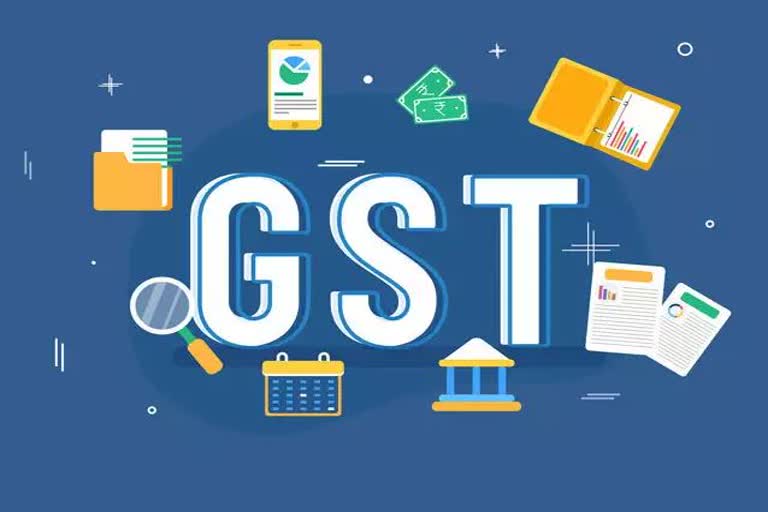Guwahati: Tax and legal consultants Wednesday complained about the time-limit of three months given to file the GST returns for 2017-18 as hundreds of amendments, notifications and circulars have made the Act very complex.
Officials of the Tax Bar Association, a body of over 400 members of chartered accountants, company secretaries, cost advocates and tax consultants, said that the government has made the entire GST procedure and filing of returns very "confusing with hundreds of changes in the rules and taxes".
"The government made available GST annual returns 9, 9A and 9C for 2017-18 online in March, 2019 and offline in April, 2019, after nearly 20 months and they are giving only three months to understand and file the most complex return form in the history of Indian taxation," Tax Bar Association (TBA) president Gopal Singhania said at a press conference here.
To add to this, the taxpayers and consultants are also required to keep in mind the hundreds of amendments and clarifications issued by the government since the inception of GST in July 2017.
"To illustrate the intensity, it may be noted that besides major amendment in the GST Act in February 2019, over 200 tax notifications, including amendments in rules, about 180 tax rate notifications, over 100 circulars, 20 orders, over 125 press releases and over 50 FAQ series and flyers have been issued till the date," Singhania said.
Further, the press releases and clarifications on certain points "lack clarity" and at some places, these are "against the GST laws" and need reconsideration, while some clarifications have "even increased the confusion" already prevailing in the minds of taxpayers, tax consultants and auditors, he added.
Singhania suggested that a one-time revision of monthly or quarterly returns is a crucial need for proper filing of annual return and the due date of filing of GSTR 9, 9A and 9C for 2017-18 and 2018-19 should be notified to be kept together so that a total reconciliation can be done for both the years.
This will help in better compliance and reporting, especially the SMEs who have been struggling with increased accounting needs after GST.
Also read: RBI to examine concerns over data localisation rule: Government
Alternatively, the due date for filing GSTR-9, 9A and GSTR-9C for the year 2017-18 should be extended by at least four months till October 31, 2019," he urged, adding the problems should be resolved with clear instructions in line with the prescribed law.
TBA Vice President Sanjay Kumar Sureka said, "It is very crucial for the government to understand that the present form and law are not in agreement at certain places and are cumbersome as well as ambiguous to some extent.
"It is practical as well as reasonable to appreciate the fact that as these forms and expectations there under are unreasonably complex and prone to error and mistake, hasty and unclear filing will only deteriorate the present situation that was created due to the chaos that occurred in 2017-18.
"The association's Indirect Taxes Committee Chairman Bikash Agarwala said that the data auto-populated in GSTR-9 does not match with monthly GST returns at many places and the form is also asking for the details, which were never required to be maintained since the inception of GST.
Explaining it further, he said: "Many details asked for in the annual return and audit report are confusing in nature and despite repeated representations, no clarification have been issued by the government till date.
Unlike other tax returns, there is no option to revise monthly or quarterly returns under GST which is the main cause of the entire prevailing situation.
"It has not even been clarified as to what should be the basis of filing the annual return, GSTR 3B or GSTR 1 or books of accounts, Agarwala claimed.
TBA member Raginee Goyal stated that the audit report in Form-9C is asking the auditor to certify "true and correct" instead of "true and fair".
"So the age-old concept of audit under indirect taxes has now undergone a significant change in the form GSTR-9C. Hence, it is not justified to get the certification from the auditor that the records are true and correct. 'To err is human' and the government must understand this fact that auditors are humans," she added.
Goyal demanded that the concept of 'true and fair' must be brought back, at least till the GST law stabilizes.



